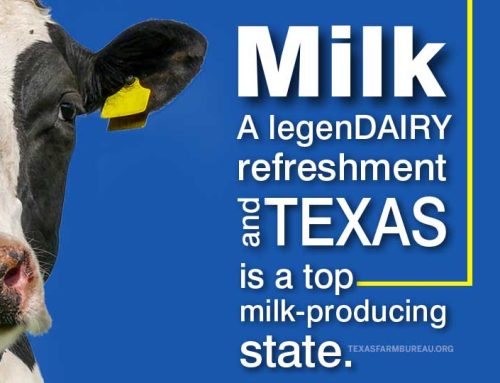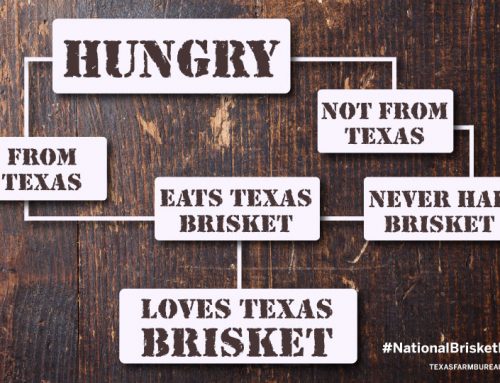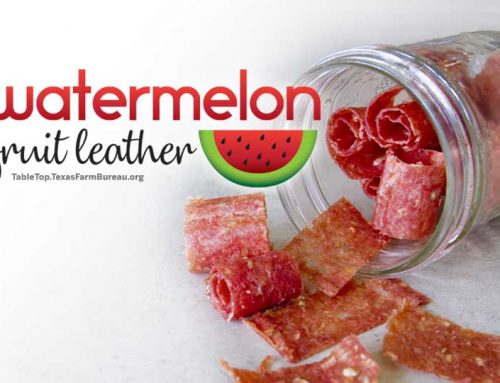By Amanda Hill
There’s a link circulating via Facebook, Twitter and other social media sites that says we’re all eating dirty food. No, not the “10-second rule” kind. This Men’s Health article claims 10 common foods that we buy at local food stores are contaminated with Salmonella and E. coli. It also claims that we’re all at certain risk of food poisoning…or worse.
Honestly, I didn’t give it much thought the first few times it crossed my Twitter feed. But on the third appearance, I got curious and clicked.
This article insists that several products from the produce aisle to the meat counter will make you and your family very sick. As I scrolled through the 10 food items, I read more and more scary scenarios.
With each “dirty food” product, I noticed a trend. The persistent message was, “Want to save yourself from food poisoning and disease? Then you’d better only buy organic. And heaven help you if you don’t buy free-range eggs.”
Ok, first of all, I can’t afford to buy organic food products. They’re usually more expensive and don’t fit into my grocery budget. By no means do I condemn anyone who does choose to buy organic food products. It’s just not the weekly choice I make for my family.
More importantly, I don’t have to. The food products that I buy at my neighborhood grocery store are safe and healthy—as long as they are stored and prepared correctly.
Just to be sure, I did some research. Sure enough, I found great information and home food safety tips from the American Dietetic Association (ADA). According to the ADA, safe food really comes down to a handful of practical food preparation and storage habits. They’re pretty simple: cook meat thoroughly, wash produce well, store leftovers at the correct temperature (40 degrees in the fridge, 0 degrees in the freezer) and clean out your refrigerator regularly.
At our house, we write the date on our take-out boxes to be sure we don’t keep them too long. It’s much safer than the “smell test.” Ick!
We all want to provide our families with healthy food that they’ll enjoy—not food that will make them sick. But shame on those who use fear to make us feel guilty for serving healthy food products that are 100 percent safe with regular food safety habits.











Thank you! I do have to say, I have started washing more of my produce like apples and avocados. You know for years they have said just polish your apples, but with pesticides lately it is best to go ahead and wash apples. And anything you are cutting into like an avocado or cantelope that has a skin should be just quickly washed with soap and water. Those are just quick, easy ways to make your produce healthy and clean. You are right, it doesn’t have to be organic or specialty items. It just has to be smart.
That’s a good point, LJ. It’s easy to forget that ALL produce should be washed, even if you don’t eat the skin. Thanks for your comment!
THANK GOODNESS MY MOM WAS SUCH A THOROUGH PERSON ON WASHING VEGETABLES AND FRUIT–EVEN IF THEY CAME FROM OUR GARDEN OR ORCHARD. I APPRECIATE NOW HOW MUCH SHE LOVED US AND HELPED KEEP US HEALTHY FOR THE PAST 60 YEARS OF MY LIFE.
Felicia, it sounds like your mom was both smart and caring. Thanks for your comment, and I hope to see you around Texas Table Top again soon.
YES, wash away BUT do you seriously believe that by washing your fruits or veggies that you are cleansing them of pesticides? First most pesticides are systemic (as are many pathogens like e. coli), either intentionally or not, so they are in the flesh and skin. To make matters worse, many fruits such as apples, are wax coated to extend shelf life and improve appearance making it even harder to wash off pesticides. BTW – The skin is often the most nutritious part of a fruits and veggies so peeling them may get rid of some pesticides but often it will also discard nutrient rich food. Apples in particular are one of the most contaminated fruits so YES it does pay to buy organic in this case. I don’t promote organic because I am an organic producer, I became an organic farmer because I am sick of watching family members and others die of cancer.
Tim, thanks for your comment. Yes, I do feel safe eating produce that has been thoroughly washed. Pesticides are used by farmers to prevent harmful bugs and pests from affecting the quality and quantity of our food. I trust the research by university and health professionals that says fruits and vegetables are safe to eat with proper preparation. For a balanced look at pesticide use, check out this information from Purdue University: http://www.ppp.purdue.edu/Pubs/PPP33.html. For more information on how the EPA regulates pesticide use and safety, visit http://www.epa.gov/pesticides/food/.
[…] Some point at fast food restaurants, some shake their fists at high-fructose corn syrup. Others say our food is not safe or “toxic” – all of them miss the point. The fact is too much of anything can be […]
Food is the basic need of humans and if healthy food is not in taken then the consequences may not be what is expected hence we should avoid junk and dangerous food and double check the food that we are eating.Take care……….
[…] culture touts that organic food is healthier. With magazine articles cursing the “12 dirtiest foods” and talk shows highlighting food extremists, it’s easy to think that organic is the only […]
[…] Food safety is important beyond the farm, too. In the kitchen, it is important to properly wash, cook and store food once we get it home from the market. […]
[…] Food safety is important beyond the farm, too. In the kitchen, it is important to properly wash, cook and store food once we get it home from the market. […]